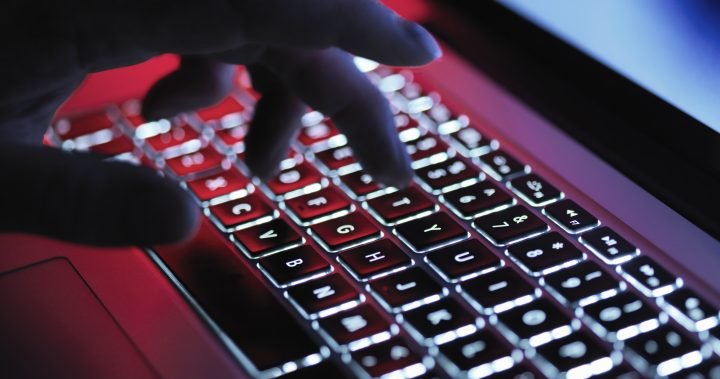
Experts divided on threat of violence as incel attacks grow in Canada
Global News
Incels are predominantly young heterosexual men who feel they are unable to attract romantic partners because of their looks or social status, says a think-tank Moonshot CVE.
Some experts say violent online rhetoric among so-called involuntary celibates is a concern as pandemic rules lift, but others say the threat of violence is overstated among a group of men who need mental health support.
Involuntary celibates or incels are made up predominantly of young heterosexual men who feel they are unable to attract romantic partners because of their looks or social status, says the think-tank Moonshot CVE. They often blame women, sexually active men and “oppressive societal structures” for their feelings of rejection and isolation, it says.
As attacks linked to the so-called movement mounted in recent years, authorities around the world began treating it as a terrorism threat.
A report released in September that was done for the federal government by Moonshot said lifting COVID-19 restrictions could result in more suicides, violence and acts of terror.
“Our researchers called (the pandemic) a great equalizer because incels believed everyone would experience the social and romantic isolation that they suffer on a daily basis,” said Moonshot spokesperson Alex Amend. “The end of lockdown and things opening up again will actually be more of a triggering point for them, so it would be beneficial for practitioners to pay more attention to the re-entry.”
Amend said the pandemic has exacerbated seclusion, alienation and anger, driving more people online seeking connections. Moonshot’s research suggests suicidal ideation and nihilistic attitudes are common in online forums that also perpetuate resistance to mental health treatment, he added.
“There is a critical need for mental health professionals to be trained to recognize incel ideology,” Amend said.
But Sophia Moskalenko, a U.S.-based clinical and social psychologist specializing in radicalization and terrorism, said violence shouldn’t be the main concern and she is calling for more research into non-violent incels in what she regards as a largely neglected mental health crisis.













